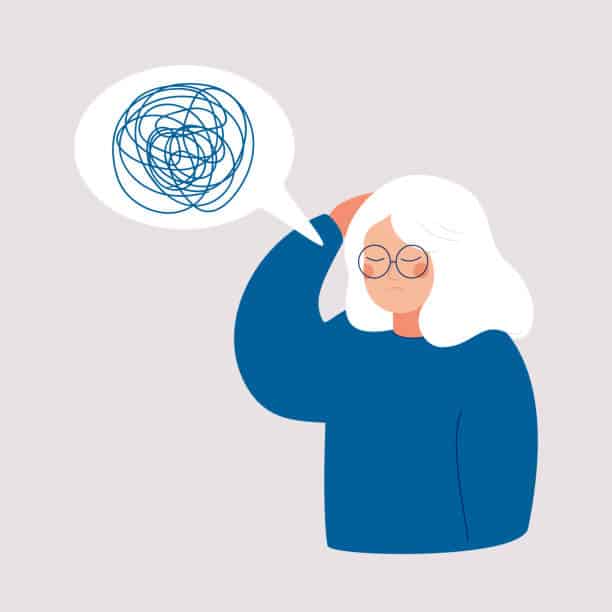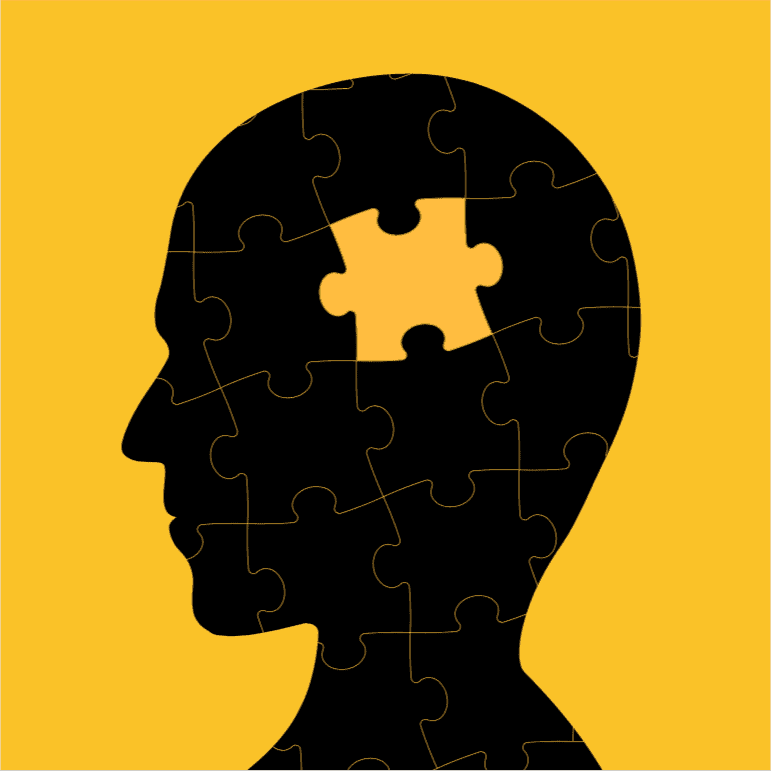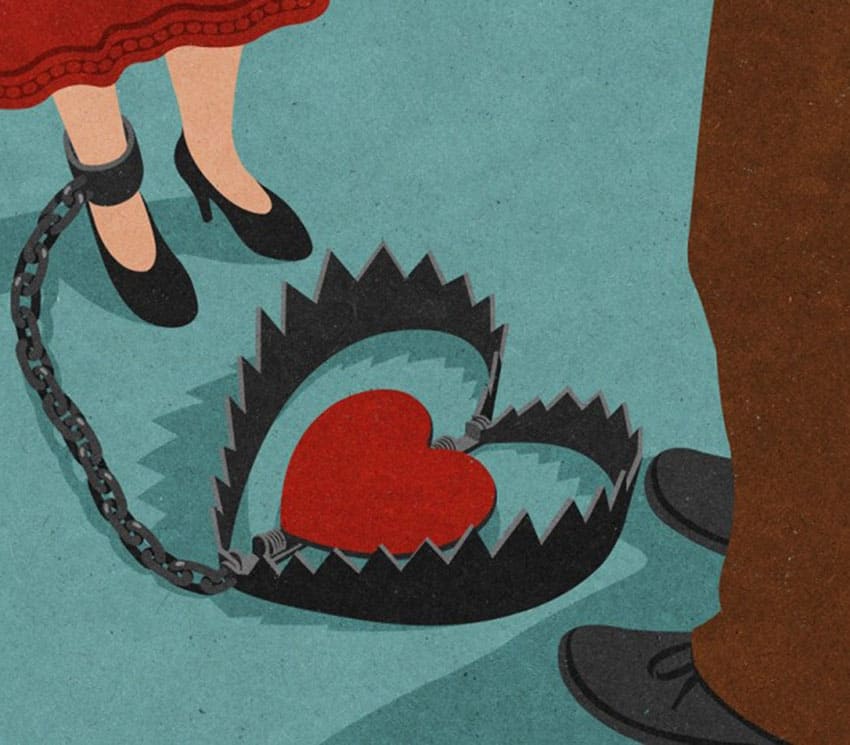In 2016, the number of people estimated to be suffering from mental health issues like depression and anxiety amounted to roughly 1.1 billion. Since then, numbers have likely continued to rise. Moreover, studies have also shown women especially on average are a) more likely to suffer from mental health issues, and b) less likely to talk about them. The taboo in Pakistan surrounding depression and anxiety disorders only serve to aggravate the individuals suffering even more. For the women who cannot seek out full time therapy, we’ve enlisted the help of a trained therapist. You sent us in your questions – here are the answers!

“I am 17-years-old and I have suffered many heartbreaking events in my life, whether by my parents, friends or even my boyfriend. They all have told me they don’t love me and don’t want me. I think I am suffering from Dementia. It’s getting very difficult for me to survive in this condition. Everything is getting tough to handle and I feel lost. Please help me. “

Shahrukh’s Response:
Dear Anon,
Being told by someone that they don’t love you, or that they don’t want you is so incredibly painful. I hear you when you say that it’s been difficult for you. I want to take this moment to tell you that feeling like you’ve been rejected can take its toll. Do allow yourself the space and permission to really connect with those feelings and know it’s okay.
Rejection: The Wound That Stays Longer Than We Realise
Anon, rejection in whatever form can be extremely painful and can really impact us emotionally. I know it may not ease your pain, but just know that you’re not alone. A vast majority of people will experience it in some form or another.
When we look at the phenomenon of rejection from an evolutionary perspective, one would have a higher chance of survival when they were part of a group, rather than as an individual. As time progressed, and the times evolved, this could also be interpreted as humans having an inherent need for love, connection and belonging. When that acceptance is taken away from us, it brings into question our very sense of being, and it’s easy to internalize those negative beliefs. Experiencing rejection, especially on a chronic level, can often be quite traumatic, and can result in lower levels of self-esteem, confidence, higher levels of anxiety, depression and even substance abuse.
The Biology Of Rejection
A study conducted by Naomi Eisenberg found that the pain that results from emotional distress, or more specifically: rejection, displayed some pain-related activity as well. The study more or less concluded that social rejection activates the same neural pathways as when we’re physically hurt. So not only do we feel this on an emotional level, our body actually registers these experiences as physically painful.
The bottom line, Anon, is that you are human for experiencing whatever emotions that are coming up for you right now. So now that we’ve explored the mechanisms behind rejection, the question now becomes: how can we take care of ourselves?

What Can I Do?
Anon, I know you’ve been through a lot and believe me, I hear you on this. I’m here to tell you that you can get through this. You might need some help getting there, and that’s more than okay. Like I said, you’re not alone.
- Seek out and focus on positive and loving relationships: I know that there have been bad experiences in the past, and people may have made you feel unwelcome. It hurts, no doubt. However, it does not determine your worth. You are worthy and deserving of that love and connection you’re looking for. If there are people who currently do make you feel loved, connected and accepted, embrace those relationships and allow them to be your safe space. This can often combat thoughts of unworthiness, and help fulfil our need to feel connected to those around us.
- Let go of the need to please others, and proving your worth: A lot of times people just don’t get along, or they are unable to truly connect – and that is no one’s fault. The problem is that we often take it upon ourselves and think that there’s something wrong with us. This thought results in our inability to express ourselves in an authentic and open way. Be aware of when this is coming up, and try to connect with who you would like to be, instead of what you think you need to be for others.
- Seek out the help of a Therapist: This is often my go-to response for a lot of issues relating to mental health issues presented. The reason being is that often trauma like this – if left unresolved – can worsen overtime. Therapy is an excellent way to speak about your pain, struggles and thoughts in a space that’s safe, non-judgemental and open.
- Work on building a positive relationship with yourself: This is something that I encourage quite a lot. What this means is learning to respond to yourself more positively, and learning to embrace yourself in all states of being: anger, sadness, happiness etc. Celebrate the little things, whether it’s something as simple as getting out of your bed, or even making your bed. It helps to practice one form of positive journaling. One that I personally like to practice is writing three things I’m grateful for every day, and writing three things I appreciate about myself. Give it a try and see how it works for you!
- Focus on things that relax you: This could be anything from exercising, dancing, meditating, cooking, baking, getting some fresh air etc. The idea is to engage in an activity that fosters a sense of connecting yourself and relieving your body and mind from a state of overwhelm.
Anon, there is nothing wrong with how you’re feeling. What happened with you is without a doubt extremely difficult. I really hope that you’re able to get the support that you need during this time. I’m rooting for you. Best of luck, and stay in your power!

The above article is written by Shahrukh Shahbaz Malik who is trained in humanistic integrative counselling at CPDD in the UK and currently has her own private practice in Karachi. The views expressed in this article are those of one expert. They do not necessarily represent the views of Mashion, nor do they represent the complete picture of the topic at hand. This article is for informational purposes only and is not a substitute for medical diagnosis or treatment.








What do you think?
You must be logged in to post a comment.